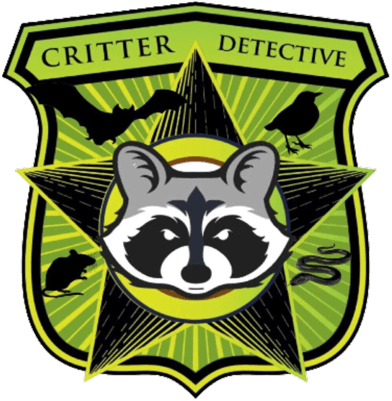Raccoon Frequently Asked Questions
If you don't see an answer to your question, please let us know.
-
Are raccoons dangerous to humans?
Yes, raccoons can pose risks to humans. They may attack if they feel cornered, threatened, or if their young are perceived to be in danger. Although generally shy, they will defend themselves aggressively when they have no escape. Additionally, they are potential carriers of rabies and other diseases, making any bites or scratches a health risk. If a raccoon is aggressive or causing problems near your property, it's best to avoid direct contact and consult animal control or wildlife professionals for assistance.
-
Do raccoons make good pets?
Raccoons do not make suitable pets due to their wild nature. They are highly intelligent and curious, often becoming destructive or aggressive when kept in confined spaces. In many places, it is also illegal to keep raccoons as pets.
-
Why do raccoons frequently raid garbage cans?
Raccoons are opportunistic omnivores and excellent problem solvers. Urban areas provide easy access to food sources like garbage cans. Their agile hands can open lids, which allows them to scavenge for leftovers. Keeping garbage in tightly sealed containers can help prevent this behavior.
-
How intelligent are raccoons?
Raccoons are highly intelligent mammals with excellent problem-solving abilities. Studies have shown that they can remember solutions to puzzles for years and are capable of understanding complex tasks, including opening latches or solving multi-step puzzles.
-
Do raccoons hibernate in winter?
Raccoons do not truly hibernate but enter a state called torpor. In torpor, their metabolic rate drops, and they remain relatively inactive, only coming out occasionally to search for food. This allows them to conserve energy during the coldest months.
